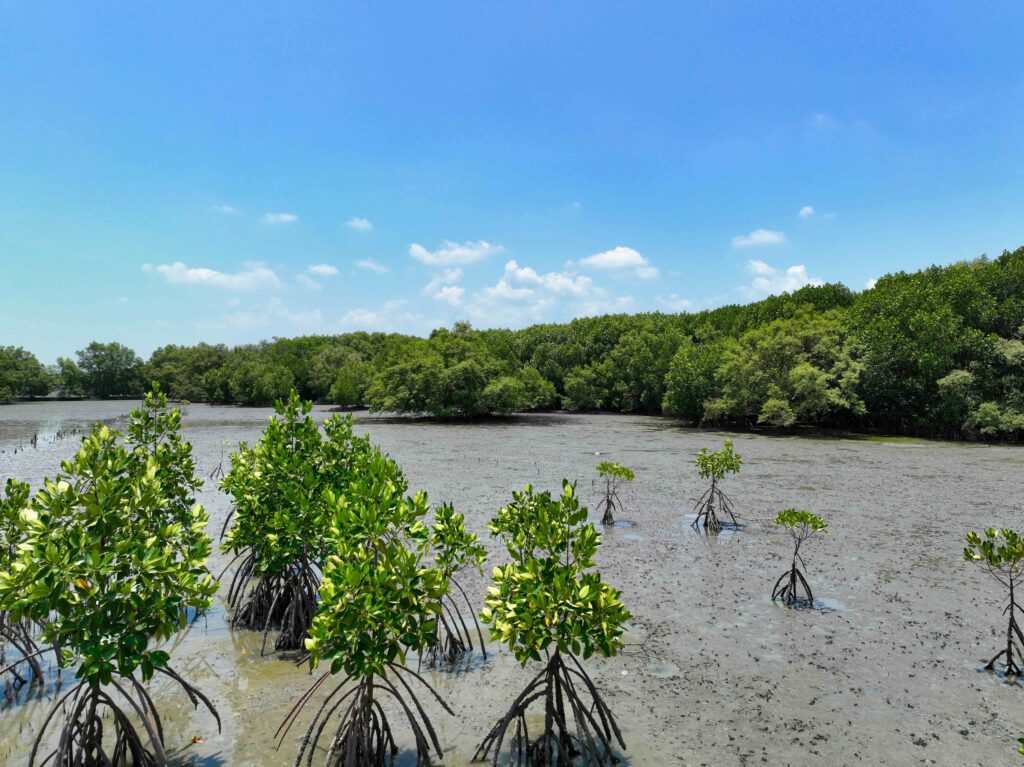At least 50 companies are expected to list when Ethiopia’s stock exchange launches. The country’s new $38bn sovereign wealth fund Ethiopia Investment Holdings (EIH) is working with the Ministry of Finance and Nairobi-based FSD Africa to set up the Ethiopian Securities Exchange (ESX) with an aim to get it operating by end 2023 or in the first half of 2024.
Ethiopia Investment Holdings has set up a project team with FSD Africa, backed by British Government development aid, and in September was inviting consultants to bid for a fund-raising drive to raise capital for the new bourse. The project team is to develop the ESX business plan and its structures, as well as outlining the market segments. It is also to lead developing the ESX trading rules, policies and procedures, the ESX trading and operating systems, and other ICT infrastructure. It will set the ESX into operations and launch it.
According to this news report on Capital Ethiopia, FSD Africa is funding technical support, legal advice and costs to get the stock exchange operational. The Ethiopian Securities Exchange will be a key step forward in capital markets development in Ethiopia as we highlighted in a previous editorial.
The Capital Markets Proclamation (No. 1248/2021) says the exchange will be established as a Share Company (public company in Ethiopian law) by Government in partnership with the private sector, including foreign investors. Between 25% and 55% of the ownership of the ESX will be for corporations, capital market intermediaries and operators of international securities exchanges, while Government will not own more than 25%. It will be a for-profit entity.
According to the FSDA, “At least 50 companies, including banks and insurance companies, are expected to list at the launch of the exchange. The exchange is designed to provide a fundraising platform for small and medium-size enterprises, which are the backbone of the Ethiopian economy. The exchange will also offer a platform for the privatisation of Ethiopia’s state-owned enterprises.
“In the past few years, the Government has implemented several reforms to open the economy and the launch of a securities exchange will be a catalyst for attracting new investment from the private sector.” The exchange will be a platform for the privatization of Ethiopia’s state-owned enterprises and will help Ethiopian businesses, including small and medium-size enterprises to raise capital.
The Ministry, EIH and FSDA signed a cooperation agreement to launch the bourse on 18 May 2022. Finance Minister Ahmed Shide said the cooperation agreement “… is a first concrete step towards realizing our vision.”
Mark Napier CEO of FSDA, added: “Our assistance… will leverage FSD Africa’s vast expertise and experience in developing capital markets infrastructure across Africa. This support signals our long-term commitment to a thriving capital market that is deep, liquid, and efficient.”
The next day a local agency, FSD Ethiopia, was launched to maintain the momentum. The timetable has become more realistic since 2019, when the exchange was flagged for 2020.
Meanwhile, work continues to build the Capital Market Authority regulator. In November 2021, Meles Minale, a senior macroeconomic advisor at the National Bank of Ethiopia (central bank) was appointed to chair a team of 14 experts to explore the establishment of the Authority. They report to Yinager Dessie, Governor of the NBE. According to this report by United Nations Development Programme, in June 2022, the NBE’s Capital Market Project Implementation Team (CMPIT) outlined a 10-year implementation plan and a roadmap with 4 pillars: market development, infrastructure development, capacity development and policy reviews.
Prime Minister Abiy Ahmed will appoint a director and a deputy director for the Authority, which will be a federal agency accountable to Parliament. Its role includes safeguarding investors and overseeing the integrity of the capital market and supervising securities brokers, investment advisers, collective investment scheme operators, investment bankers and securities dealers.
EIH is a key shareholder in the ESX and is also likely to boost the exchange with a pipeline of listings, at least of minority stakes, in its $38 bn business portfolio. According to a EIH statement: “ESX will democratize corporate ownership of the nation’s largest and most influential companies, empowering Ethiopians with a direct stake in their country’s economic infrastructure.”
Observers believe it could still be two years before the ESX opens its doors for trading. It is expected to trade equities, derivatives, financial and debt securities, and FX (currency exchange) contracts. The country lacks stockbrokers, investment advisors, fund managers, custodians and many others.
A team from Ethiopia, including Ethiopia Investment Holdings CEO Mamo Esmelealem Mihretu and FSD Ethiopia CEO Ermias Eshetu, came to AFSIC 2022 conference in London in October to meet potential investors and discuss progress on the stock exchange.
Read original article



